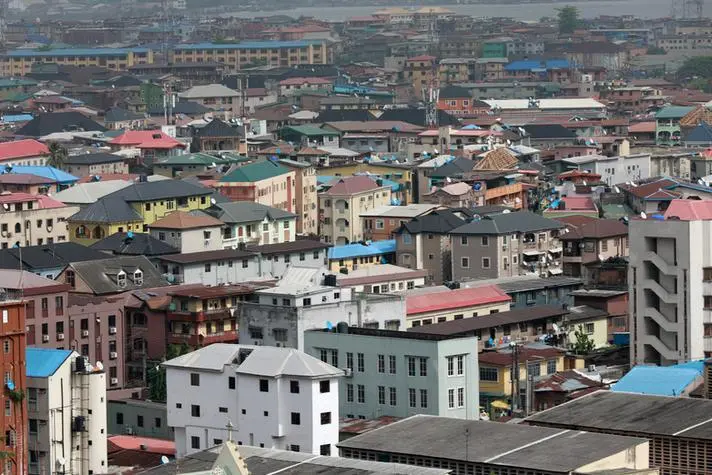PHOTO
ALL over the world, it is estimated that 56 percent of the world’s population live in cities, which is 4.4 billion people. This figure is forecast to double by the year 2050. Mostly, “pull and push” factors are responsible for migration. People move in search of better living opportunities in terms of jobs, studies, health issues, wars and conflicts, religious reasons, political reasons, amongst others. In Nigeria, the principal reasons most youths migrate from their natural abode to other towns and cities has been primarily linked to the need for a job, better living opportunities, and closeness to seat of power. People from villages migrate to towns, people in towns migrate to state capitals and people in state capitals want to be close to the seat of power, which is federal capital, and/or state capitals. These has been the trend over the years. Some towns, cities and capitals are more favoured than the others. This has resulted in the development of slums and informal residential settlements as the in-coming migrants cannot afford the living expectations of the formal residential areas, especially, financially.
Th resources of the receiving cities gets pressurized, they expands informally with more people chasing limited resources and amenities. This article is based on personal local and international experiences, past researches, and on-going trend of events in Nigeria, and therefore comes up with the suggestion to government at all levels. The government should adopt similar trends of development in order to reduce migration, provide jobs to the people within shorter distance of travel from natural base, provide employments, spread growth and development to all areas of the country, and, above all, address socio-economic inequalities status of the citizenry.
First is the federal level. There are 24 federal ministries in Nigeria, each ministry should be relocated to a state where it is best suited, and the federal ministry should be cited in that state’s second or third tier towns and not the state capital. What should be in the federal capital should be their liaising offices. Abuja should be the administrative capital just as Washington DC is to the United States of America, and London is to United Kingdom. For example, if the Federal Ministry of Transport is given to Kwara State, the headquarters should not be located in Ilorin, the state capital, but in towns like Offa, Omu-Aran or Lafiaji. The headquarter offices should be built tigether with staff quarters to accommodate all categories of employees. All transport issues from anywhere in Nigeria should be addressed therefrom, and they then report to the Presidency in Abuja, as appropriate. Same goes with the numerous federal parastatals that exist in Nigeria. Their headquarters should be located across the country to state/towns of best fit.
Related PostsCaregiving beyond belief in NigeriaPrincipals of UK Boarding Schools to storm Nigeria in OctoberUNGA: Nigeria will be big global player in critical minerals supply – Alake
Secondly, if at state level, similar location and distribution of some ministries and state agencies are made to the nooks and crannies of the state, it will reduce influx into the state capital and lead to growth and development of other towns, thereby, reducing slum development and improving the livelihood, health and sustainable physical well-being of the citizens. At the local level, same should be implemented to ensure sustainable development and reduce inevitable slum developments in the cities. This suggestion will help in creating more cities, address inequalities, create employment, reduce informalities, improve the health and physical well-being of the people, and reduce untimely deaths and characteristic health issues associated with informal settlements and slums.
This may not be immediate. It should be overtime, proactively planned, and one-by-one, just like the shift of the federal capital to Abuja from Lagos on 12th December, 1991.
Alake is a PhD student at the Faculty of Environmental Design and Management – Built Environment, Lead City University, Ibadan.
Copyright © 2022 Nigerian Tribune Provided by SyndiGate Media Inc. (Syndigate.info).





















